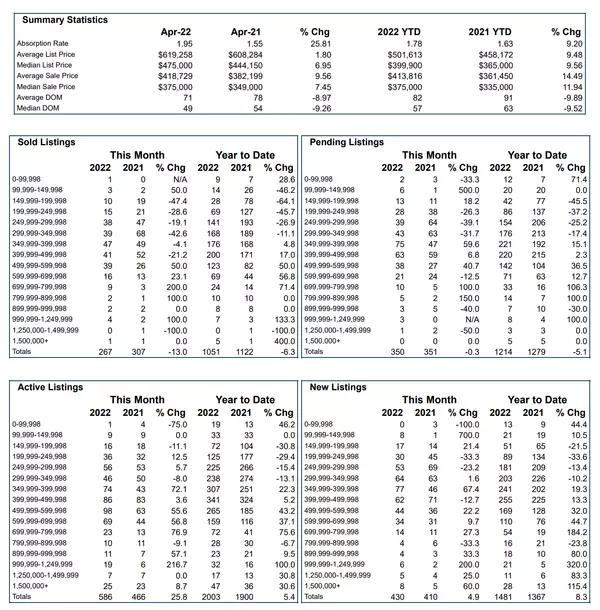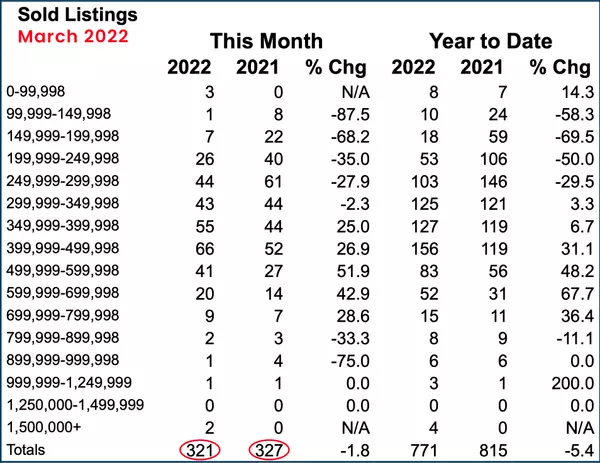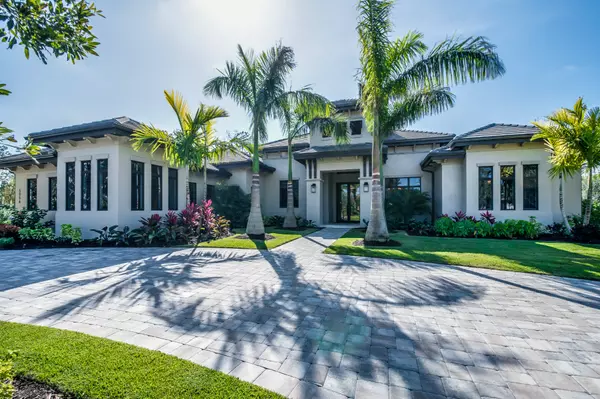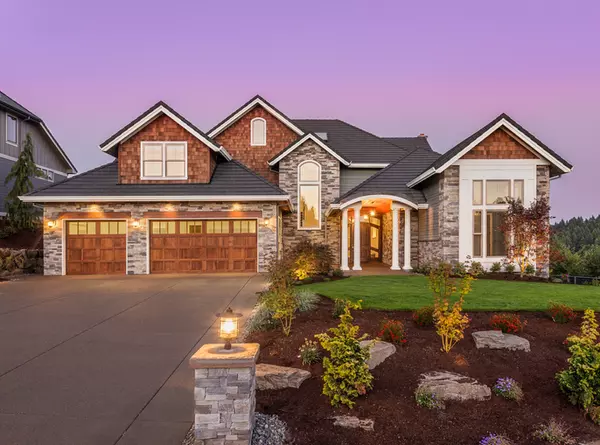
Josh Baker Real Estate Podcast #6
🏠💰Home Value Tool➔ Frequently Asked Questions How does balloon payment work? Balloon payments are established dates on which the remaining balance of the loan is due in full. Are balloon payments a good idea? Balloon payments should be carefully considered and are not the ideal loan instrument f
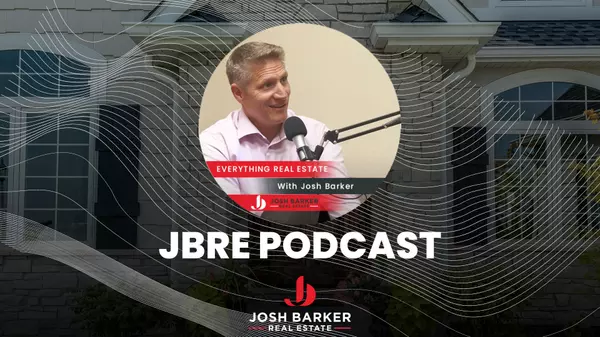
Josh Barker Real Estate Podcast Episode #2
🏠💰Home Value Tool➔ Frequently Asked Questions Is it better to buy established or build? There are Pros and Cons to both buildings or buying existing homes. Building a home can increase the chances of receiving exactly what you want with less maintenance in the first 10 years. However, the proces
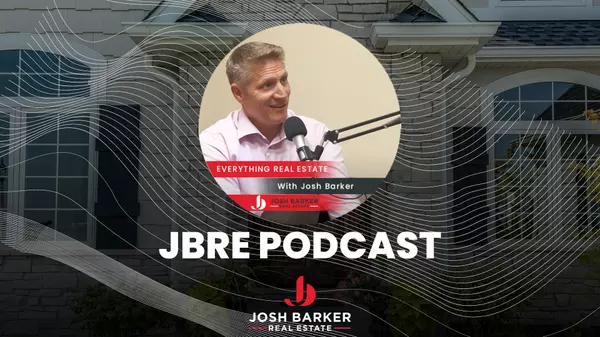
Josh Barker Real Estate Podcast Episode #1
🏠💰Home Value Tool➔ Frequently Asked Questions Can a bank foreclose if you make partial payments? The short answer is yes. A partial payment is considered a breach of contract and could lead to negative impacts on credit, a formal notice of defaults and eventually foreclosure. However, many banks
Recent Posts

